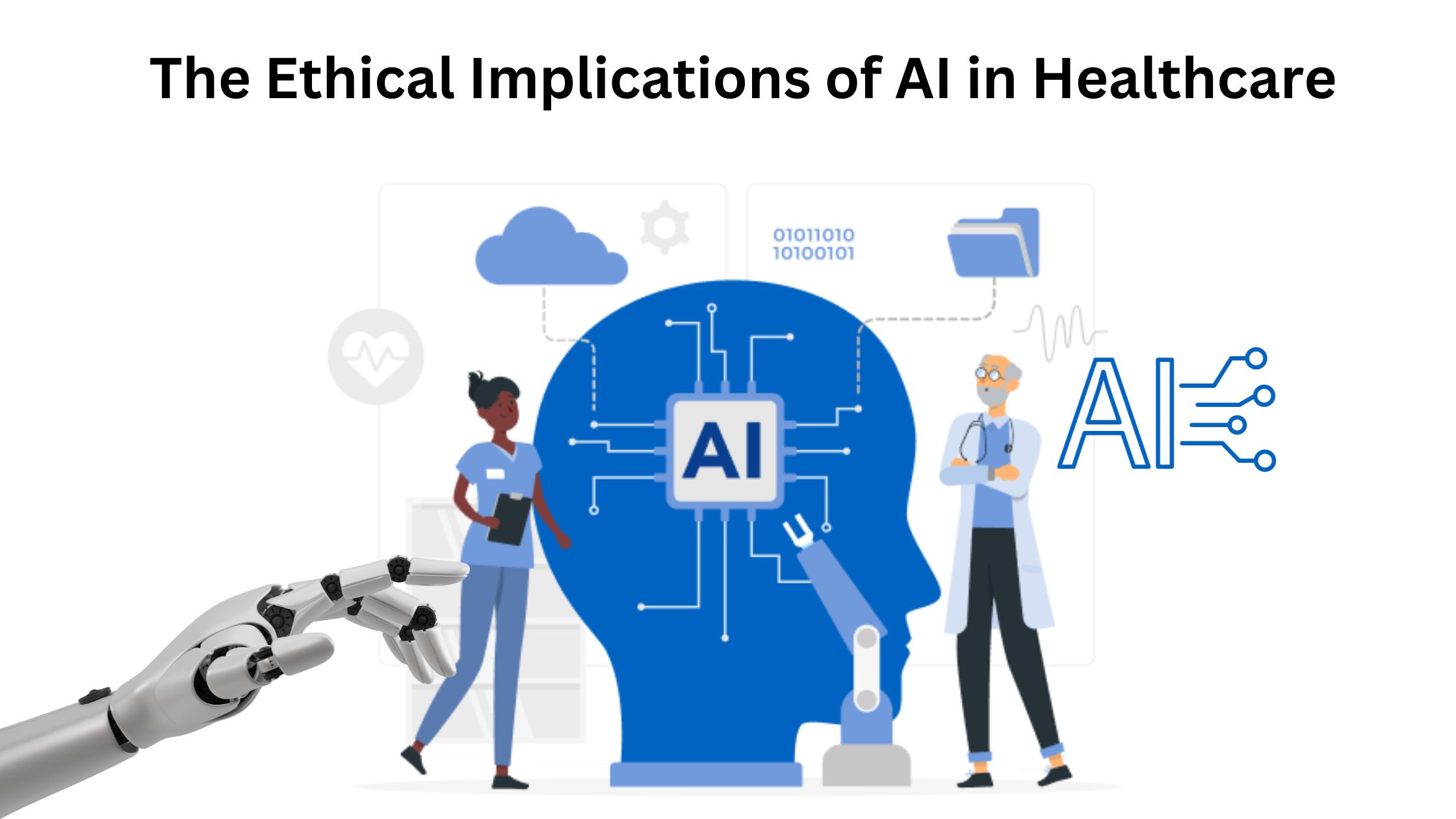AI's Learning Limitations: Implications For Ethical And Safe Use

Table of Contents
Data Bias and its Impact on AI Learning
One of the most significant limitations of AI is its susceptibility to data bias. AI models learn from the data they are trained on, and if that data reflects existing societal biases, the AI system will inevitably perpetuate and even amplify those biases. This can lead to discriminatory and unfair outcomes.
For example, facial recognition systems have been shown to exhibit significantly higher error rates for individuals with darker skin tones, reflecting the bias present in the datasets used to train them. Similarly, AI algorithms used in loan applications have been found to discriminate against certain demographic groups due to biases embedded in historical lending data.
- Lack of diverse datasets: Many AI training datasets lack sufficient representation from diverse populations, leading to skewed models.
- Amplification of existing societal biases: AI systems can inadvertently amplify existing societal prejudices, resulting in discriminatory outcomes.
- Consequences of biased AI decisions: Biased AI can lead to unfair treatment, discrimination, and a lack of equal opportunity across various sectors.
Mitigating data bias requires proactive measures such as data augmentation (adding more diverse data to existing datasets) and the development and application of algorithmic fairness techniques designed to identify and correct biases within the AI model itself.
The Problem of Explainability (The "Black Box" Problem)
Many advanced AI models, particularly deep learning systems, operate as "black boxes." This means it's difficult, if not impossible, to understand precisely how they arrive at their decisions. This lack of transparency poses significant challenges for accountability and trust.
- Difficulty in debugging and identifying errors: Without understanding the model's reasoning, it's difficult to identify and correct errors or biases.
- Challenges in ensuring fairness and preventing unintended consequences: The opacity of these models makes it challenging to ensure fairness and prevent unintended harmful consequences.
- Impact on user trust and acceptance: A lack of transparency erodes user trust and acceptance, hindering the widespread adoption of AI systems.
Researchers are actively developing techniques to improve AI explainability, such as LIME (Local Interpretable Model-agnostic Explanations) and SHAP (SHapley Additive exPlanations), which aim to provide insights into the decision-making processes of complex AI models.
Limitations in Generalization and Transfer Learning
AI models are often trained on specific datasets and may not generalize well to different, even slightly varied, data. This limitation in generalization and transfer learning poses challenges for real-world applications that require adaptability.
- Overfitting to training data: Models can become overly specialized to the training data, performing poorly on unseen data.
- Difficulties in adapting to new situations or environments: AI systems may struggle to adapt to new contexts or environments where the data differs from their training data.
- The need for continuous retraining and adaptation: To maintain performance, AI models often require continuous retraining and adaptation as new data becomes available.
This lack of generalizability limits the applicability of AI in dynamic real-world scenarios requiring flexibility and adaptability.
The Ethical Implications of AI Learning Limitations
The ethical implications of AI's learning limitations are profound. Developers have a responsibility to address these limitations to prevent harm. Flawed or biased AI systems can lead to significant negative consequences.
- Accountability for AI-driven decisions: Determining accountability when AI systems make incorrect or harmful decisions is crucial.
- Ensuring fairness and preventing discrimination: It is essential to ensure AI systems do not perpetuate or amplify existing biases.
- Protecting user privacy and data security: The use of AI necessitates robust data protection measures.
Mitigating Risks and Promoting Safe AI Development
Addressing AI's learning limitations requires a multi-faceted approach focused on responsible AI development and deployment.
- Rigorous data validation and bias detection: Implementing robust methods to identify and mitigate bias in training data is essential.
- Development of explainable AI models: Promoting transparency and understanding of AI decision-making processes is vital.
- Robust testing and evaluation procedures: Thorough testing and evaluation are necessary to ensure AI systems perform reliably and safely.
- Emphasis on human oversight and control: Maintaining human oversight and control over AI systems is crucial to mitigate risks.
- Collaboration between researchers, developers, and ethicists: Interdisciplinary collaboration is necessary to address the complex ethical and technical challenges posed by AI.
Conclusion
AI's learning limitations – data bias, the black box problem, and limitations in generalization – present significant challenges for the ethical and safe use of AI. These limitations can lead to unfair or discriminatory outcomes, erode user trust, and create difficulties in accountability. By understanding AI's learning limitations and implementing strategies for mitigating risks, such as promoting explainable AI and employing robust data validation techniques, we can collectively work towards a future where AI benefits humanity ethically and safely. Understanding these limitations is not about hindering progress but about ensuring responsible AI development and fostering a future where AI serves humanity responsibly. Let's engage in ongoing discussions about responsible AI development and safe AI practices to fully harness the potential of AI while minimizing its risks.

Featured Posts
-
 Cape Town Elephant Seal Causes Suburban Traffic Jam
May 31, 2025
Cape Town Elephant Seal Causes Suburban Traffic Jam
May 31, 2025 -
 Wohnungsnotloesung Deutsche Stadt Lockt Mit Kostenlosen Wohnungen
May 31, 2025
Wohnungsnotloesung Deutsche Stadt Lockt Mit Kostenlosen Wohnungen
May 31, 2025 -
 Il Vaticano Si Prepara All Arrivo Del Giro D Italia L Incontro Con Papa Leone Xiv
May 31, 2025
Il Vaticano Si Prepara All Arrivo Del Giro D Italia L Incontro Con Papa Leone Xiv
May 31, 2025 -
 Canelo Vs Golovkin When Does The Fight Start Full Ppv Card Details
May 31, 2025
Canelo Vs Golovkin When Does The Fight Start Full Ppv Card Details
May 31, 2025 -
 Akhir Perseteruan Selena Gomez Dan Miley Cyrus Akan Kencan Bersama
May 31, 2025
Akhir Perseteruan Selena Gomez Dan Miley Cyrus Akan Kencan Bersama
May 31, 2025
